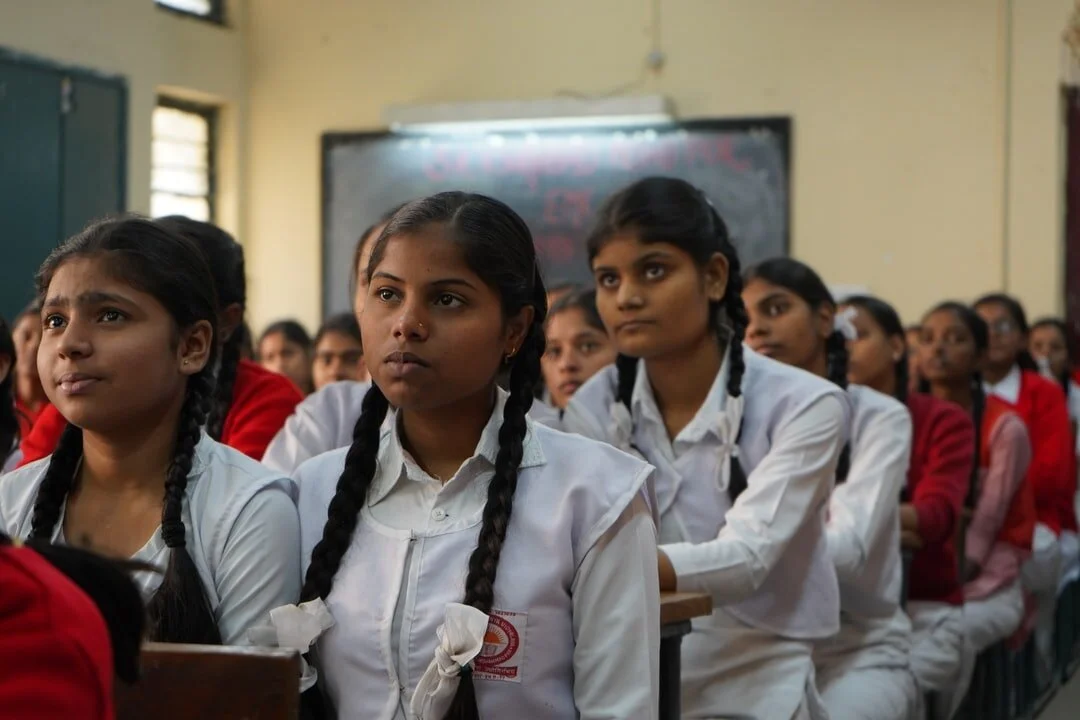India still being a developing country has majority of people living in rural areas where quality healthcare is not only difficult to avail but sometimes even hard to access. In such circumstances, an initiative like Lifeline Express (LLE) has provided the people with access to quality healthcare which has been crucially needed. It is a very simple idea but incredibly complex in terms of execution throughout the whole region. The LLE is a hospital which moves throughout rural India in a form of a fully equipped train.
Read MoreThe Indian central government is pursuing state governments to replace free power supply to agriculture with the Direct Benefit Transfer (DBT). This article examined the free power policy from the perspective of various stakeholders and suggested alternate policies based on a field survey in the state of united Andhra Pradesh (AP), India, in the year 2018.
Read MoreOur article focuses on the need to provide a strong impetus for establishing business incubation centres at universities for progressive creation of innovation start-ups. The study reviews the current status of business incubators affiliated with universities in India. It also explores the variables such as location, affiliation and ease of doing business which help facilitate innovation and entrepreneurship.
Read MoreIn this article, we engage with the experiences of students in a government-run residential secondary school that enrols girls primarily from disadvantaged socio-economic backgrounds. Through an exploration of the history of the programme, secondary evaluations conducted over the years and a month-long engagement with one such residential school, we probe how the categories of disadvantage—caste and gender— continue to operate, even as the state tries to obliterate them in this space.
Read MoreIndia has a large youthful population; this ‘young nation’ is both a national and international resource that facilitates global value added. Such gains would accrue only when the youth are adequately educated, skilled and occupied in gainful employment. India, however, is staring at a missed opportunity that favours harnessing demographic dividends offered by demographic transition.
Read MoreMuch has been said about how China’s rapidly growing economy has led to increasing power disparity between India and China over the last two decades. China’s economic growth in this period has been spectacular, but it is not clear whether that gives a good sense of how effective its military capabilities are against India.
Read MoreRight from its independence at midnight on 14/15 August 1947, India’s political ties with the US government did not start on a friendly note. Scholars of international relations have shown that during the early years of the Cold War period, India, led for many years by Prime Minister Jawaharlal Nehru, refused to join any superpower-led military alliance that would seek to curtail India’s independence in terms of following its foreign policy. I
Read MoreTrauma-informed care (TIC) is critical in institutional settings to address not only the trauma of experiences that lead children to be enrolled in alternative care, such as childcare institutions (CCIs), but also the inherent trauma that comes from a child being separated from her or his family.
Read MoreDigitally enabled services are becoming a priority of the government of India and ‘Multi Application Smart Card’ a new tool to ensure access as well as delivery of public services for various social sector schemes. Among these schemes, universal health coverage (UHC) has been prioritised in the past decade, the ‘Rashtriya Swasthya Bima Yojana’ (RSBY) was notified under the Ministry of Labour and Employment in 2008.
Read MoreEmpirical studies over the last two decades have established that financial sector development (FSD) is an important factor for economic growth besides the existing capital stock and labour. The degree of FSD is represented by financial deepening that is often reflected in the financialization of savings through the spread of financial institutions led by commercial banks, savings and loan institutions, and others.
Read MoreDuring the post-1970 period, there has been an impressive increase in energy consumption across the world. The primary energy consumption has increased at an annual growth rate of 2.21 per cent over this period. Energy baskets of a large number of countries remained dominated by fossil fuels such as oil and coal.
Read More










